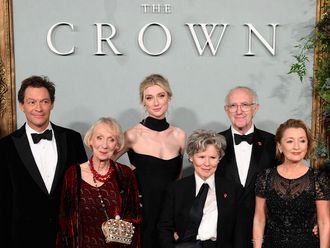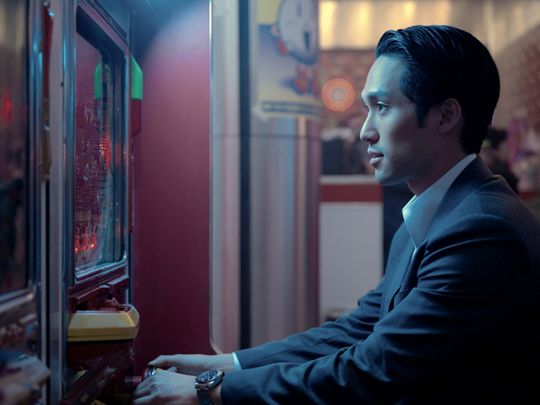
Emperor Hirohito, who ruled Japan for more than six decades, dies in the first episode of “Pachinko,” Apple TV Plus’s adaptation of novelist Min Jin Lee’s multigenerational saga about a Korean family that survives colonialism, war and more loss than they can allow themselves to feel.
The Japanese media mourn the 1989 demise of Hirohito, calling him “a great man” who once commanded the veneration of “a god.” In contrast, Korean broadcasters refer to him as “the very symbol of colonisation” — 35 years of ruthless repression, forced labour, intensive resource extraction and attempted cultural annihilation, until Japan’s defeat in World War II secured Korea’s independence.
Of the 2 million Koreans who moved to Japan during colonial rule (not always by choice), 600,000 chose to stay after the war’s end. They and their descendants comprise the Zainichi, many of whom face lifelong discrimination to this day. The Korean-Japanese dominate the pachinko industry, based on the popular manic pinball game whose proximity to gambling has garnered parlour owners a seedy reputation.
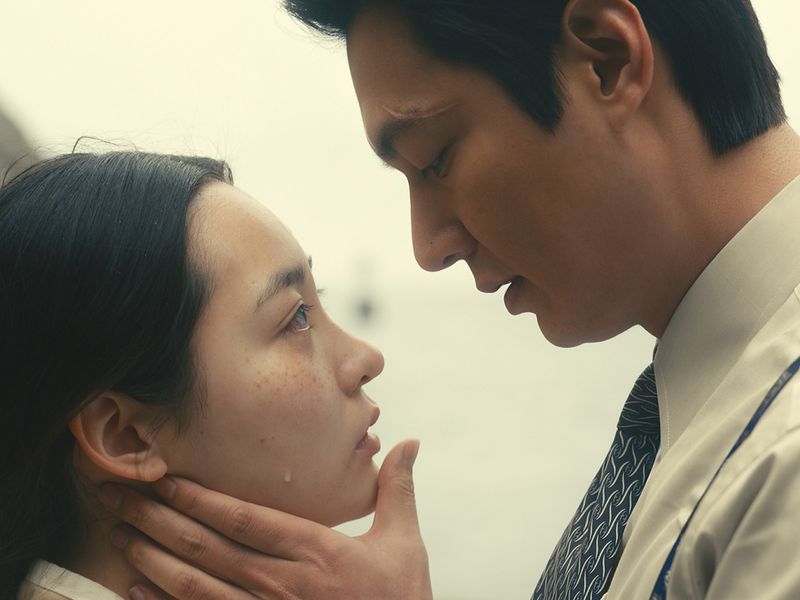
“Pachinko” isn’t the most obvious choice for an American TV adaptation. Spanning 80 years, Lee’s Korean American door-stopper, a finalist for a 2017 National Book Award, begins in the 1910s, an era of Korean (and Japanese) history with which few Americans are familiar. It also deals with intra-Asian bias, a subject little understood in the West and one that mostly seems to get trotted out in discussions of race and racism as a cudgel against members of Asian diasporas.
Cast with mostly actors of Korean descent, the trilingual series - in English, Korean and Japanese, with the latter two in different coloured subtitles to signal the characters’ relationships to one another and their positions in changing settings - takes place in Busan, New York, Osaka and a handful of other Japanese cities, with a striving toward historical sweep that’s much more difficult to convey on screen than on the page.
For better and for worse, showrunner Soo Hugh takes hefty liberties with her televisual translation, crisscrossing between timelines not unlike Greta Gerwig’s recent adaptation of “Little Women.” The eight-part debut season - the first of a planned four - centres on Sunja, a Korea-born Zainichi woman we first meet as the spirited young daughter (played by Jeon Yu-na) of struggling boardinghouse owners. Much of the season toggles between the teenage Sunja (excellent newcomer Minha Kim) and her elderly self (Youn Yuh-jung, the Oscar-winning actress of “Minari”).
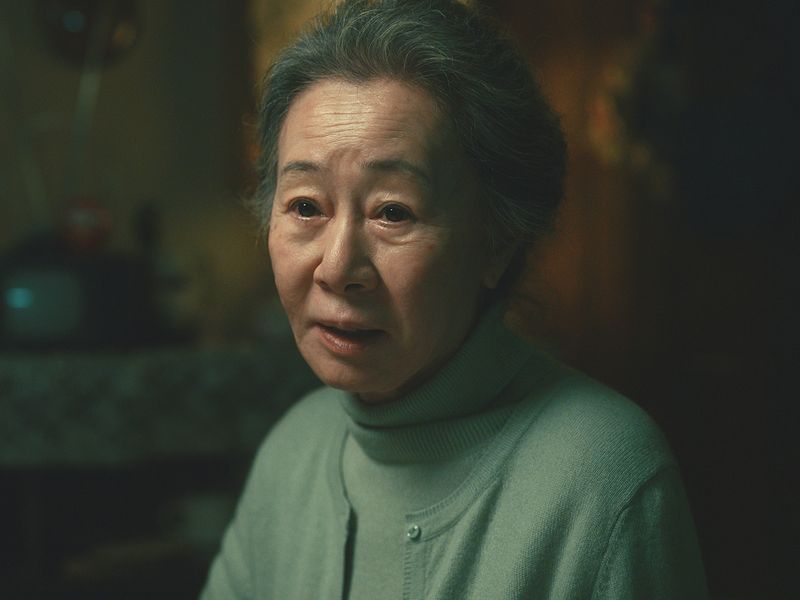
Through two twists of fate, Sunja ends up in Japan. Both come in the form of handsome, slightly older men. Hansu (played by K-drama staple Lee Minho), a powerful, Japanese-allied businessman, sees in the freckled, never-schooled 16-year-old the same potential that transformed him from a dreg of society to a feared man about town. Isak (Steve Sanghyun Noh), a sickly and idealistic pastor from the fallen Korean aristocracy named after the Old Testament’s sacrificial son, sees himself as Sunja’s possible saviour, too, in more ways than one.
“Pachinko” is a tale of movement and privation, of people so busy surviving that it isn’t until years later that they can fully process all they’ve lost. It’s also a story about outcasts, especially poor young women like Sunja, whose humble lineage, ill-fated first romance and geopolitical circumstances force her into a different sort of marginalisation - one that comes with material comforts she could never have imagined in her youth but forever robs her of a sense of home. (Her older self wouldn’t have been surprised to learn that no one gives much thought to elderly women, either.)
Decades later, Sunja’s finance-minded grandson Solomon (a fantastic Jin Ha) returns to Japan. A 30-ish Zainichi pushed by his father (Soji Arai) to move to America in search of a life beyond pachinko wealth - and prejudice - Solomon finds himself disinterested in the raging nationalistic race between the United States and Japan to become the world’s largest economy.
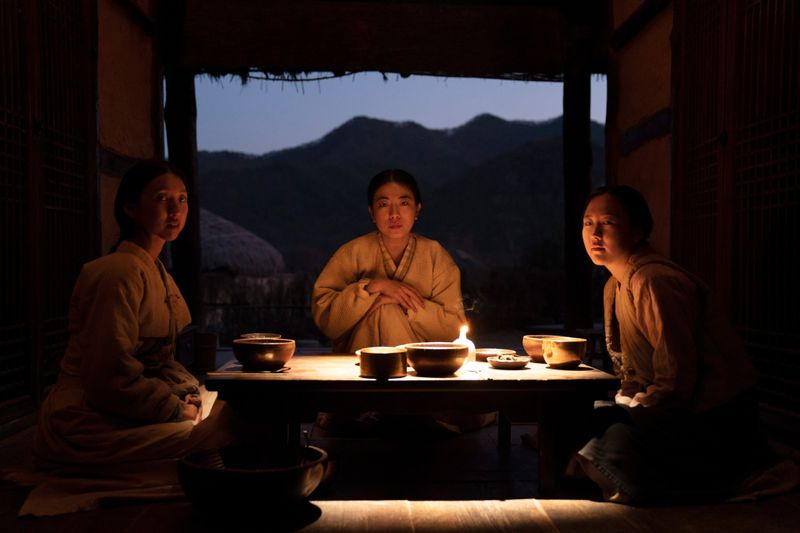
For the first half of the season, the alternations between Solomon and the younger and older Sunjas cross-pollinate beautifully. In Tokyo, Solomon is certain that his Korean ethnicity will help him land a deal that’s eluded his Japanese and White American colleagues: convincing a Zainichi woman his grandmother’s age to sell her home so his firm can replace it with a luxury hotel. But he finds himself distracted, haunted (and taunted) by occasional phone calls from Hana (Mari Yamamoto), a childhood sweetheart who disappeared years ago and refuses to be found.
Here’s where I’ll happily confess that “Pachinko” is one of my favourite novels of the past decade. It spoke to me so much in part because it illustrates a suspicion I’m sure I share with many children of immigrants: that I will never understand the turbulent existences of my grandparents, let alone my great-grandparents, nor how they persevered through everything that they did.
The TV series compellingly channels this unknowability of Sunja to her grandson, too. But after Solomon washes his hands of the deal he came to Japan to finesse, the show gives him an overly familiar and rather soapy storyline that, no matter how skilful the tugs at the heartstrings, deflates the season’s back half. “Pachinko” develops what I call a “Julie & Julia” problem, in which the relatively minor travails of a younger character are hopelessly overshadowed by the much higher-stakes adventures of an older character.
Already measured in its pacing, the series slows to a crawl in the penultimate chapter, which leans on prestige TV formula by detouring into a side character’s backstory. In this case it’s the villain’s, and not only is it narratively unnecessary, but it looks shockingly unappealing, especially compared to the rest of the season’s lavish production and handsomely lit direction (by Korean American filmmakers Justin Chon and Kogonada).
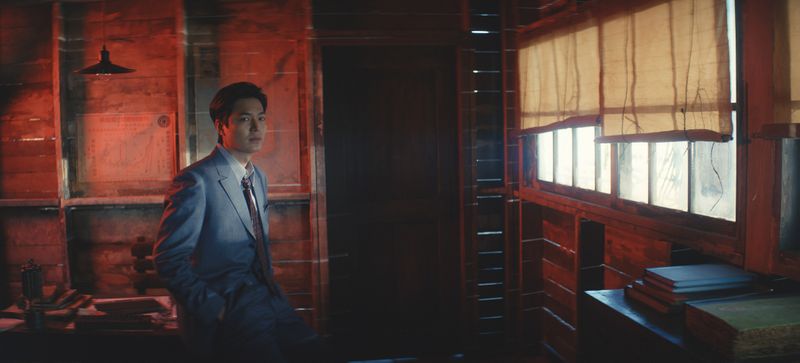
There are few dramas with “Pachinko’s” ambitions. While HBO, Netflix, Amazon and other deep-pocketed networks and streamers have chased after the “Game of Thrones” audience with more genre spectacles, Apple opted for the epic that was the 20th century, and married it to intimate reflections on the satisfactions of multiplying generations and the human need to do more than endure. Early in the series, when Sunja is a child, her doting father (Dae Ho Lee) chides his wife (Inji Jeong), “She needs to know there is such a thing as kindness in this world. She will be better for it.”
The series never fails to wring tears when it wants to, which is often, but it maintains a none-too-glum tonal balance (despite an ever-droning cello in the otherwise nondescript soundtrack) by demonstrating that people are people everywhere, seeking levity and showing grace. Each episode begins with a burst of joy, too, with the actors in their costumes dancing in a pleasingly garish pachinko hall in the best opening credits since Showtime’s “Yellowjackets.”
And yet there are just enough missteps, especially in the season’s second half, to walk away feeling let down by its ultimate lack of a thematic throughline beyond the ersatz uplift of celebrating women’s resilience, as a title card practically asks us to do at the finale’s end.
“Pachinko” pays tribute to the endurance of survivors, but it’d be more powerful if it didn’t have to make so many concessions about what they survived.
Don’t miss it!
‘Pachinko’ is streaming now on Apple TV Plus.






